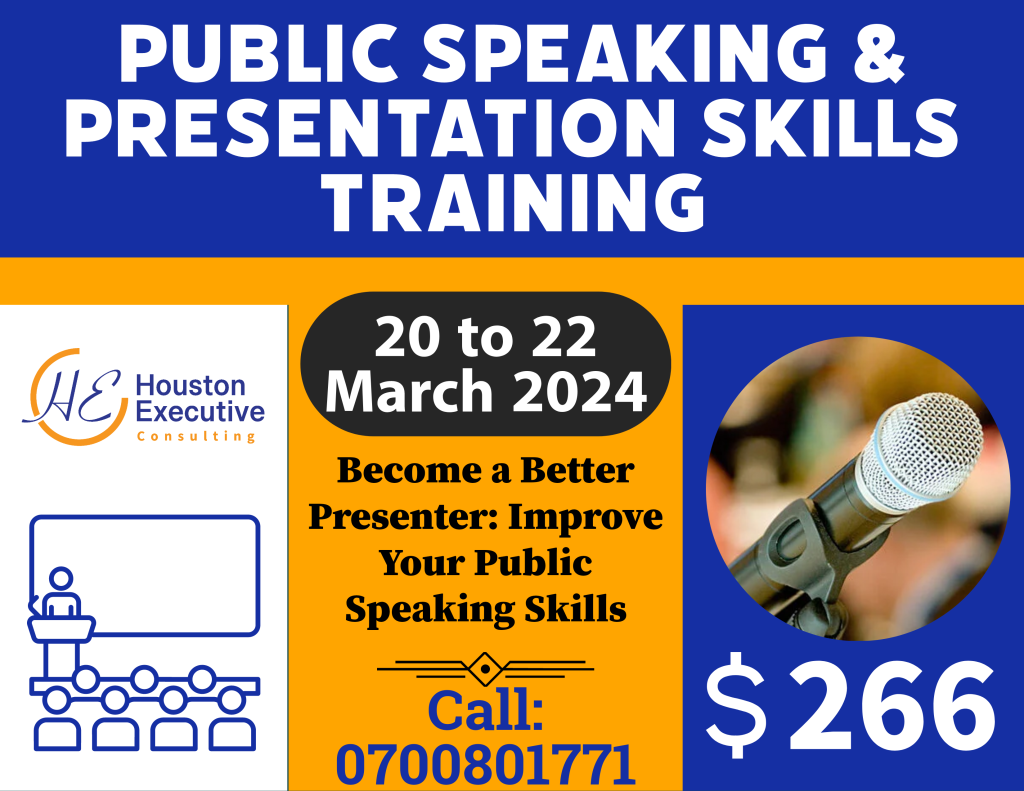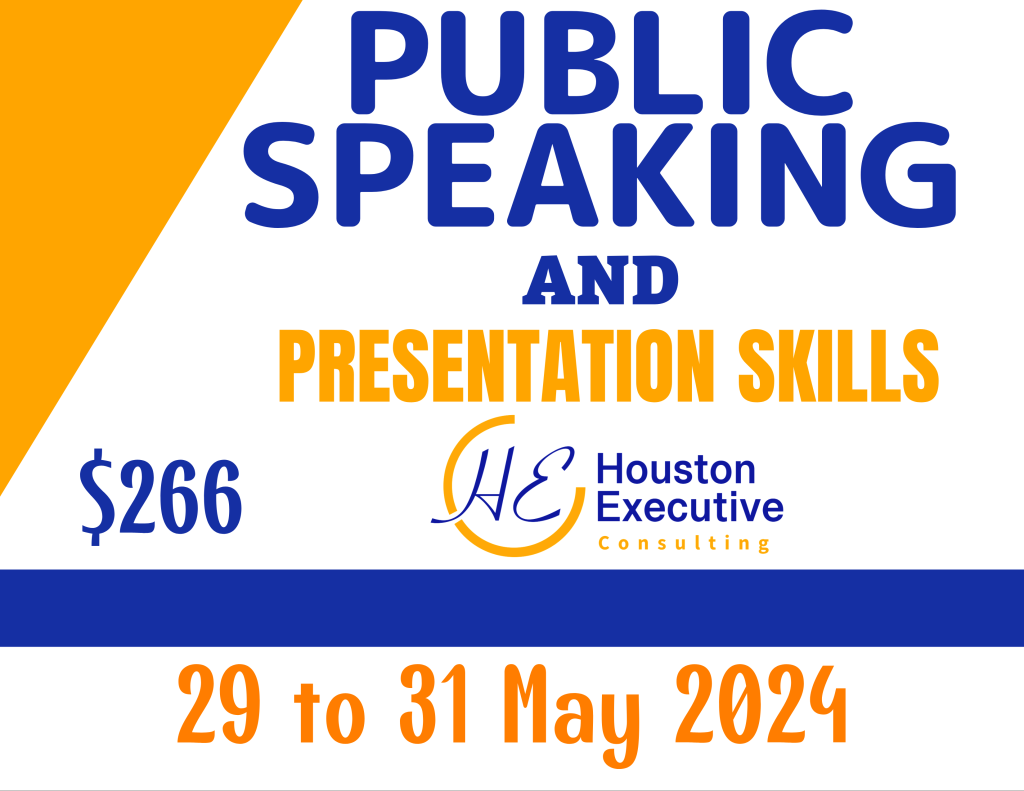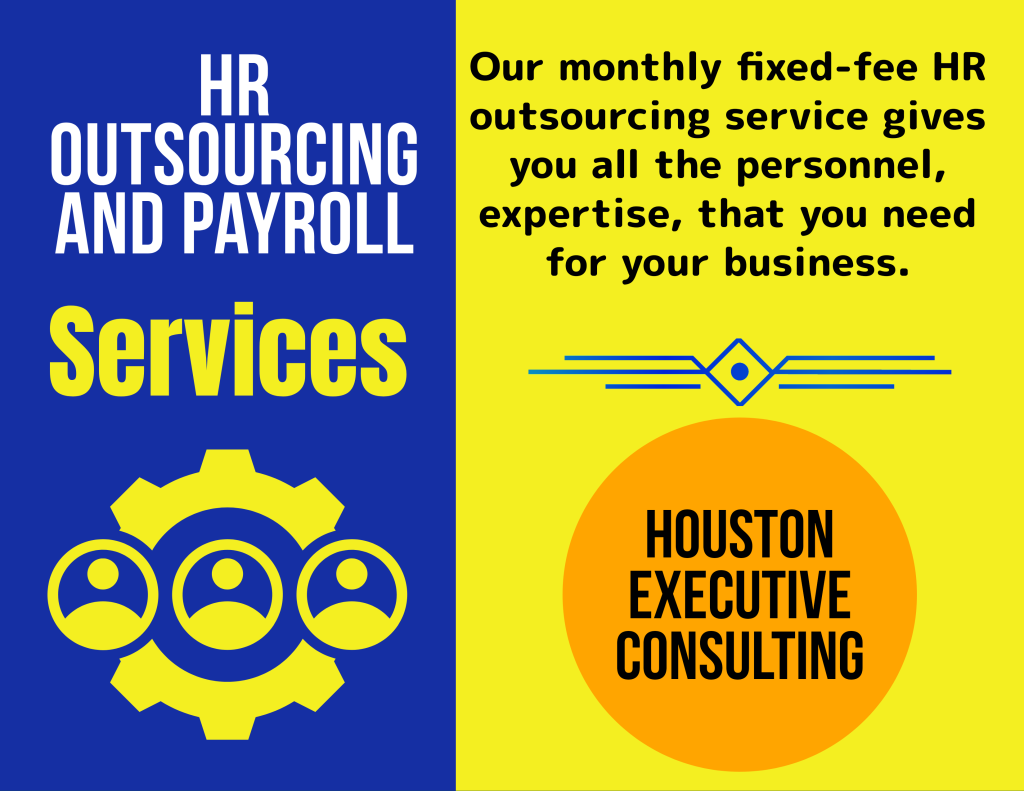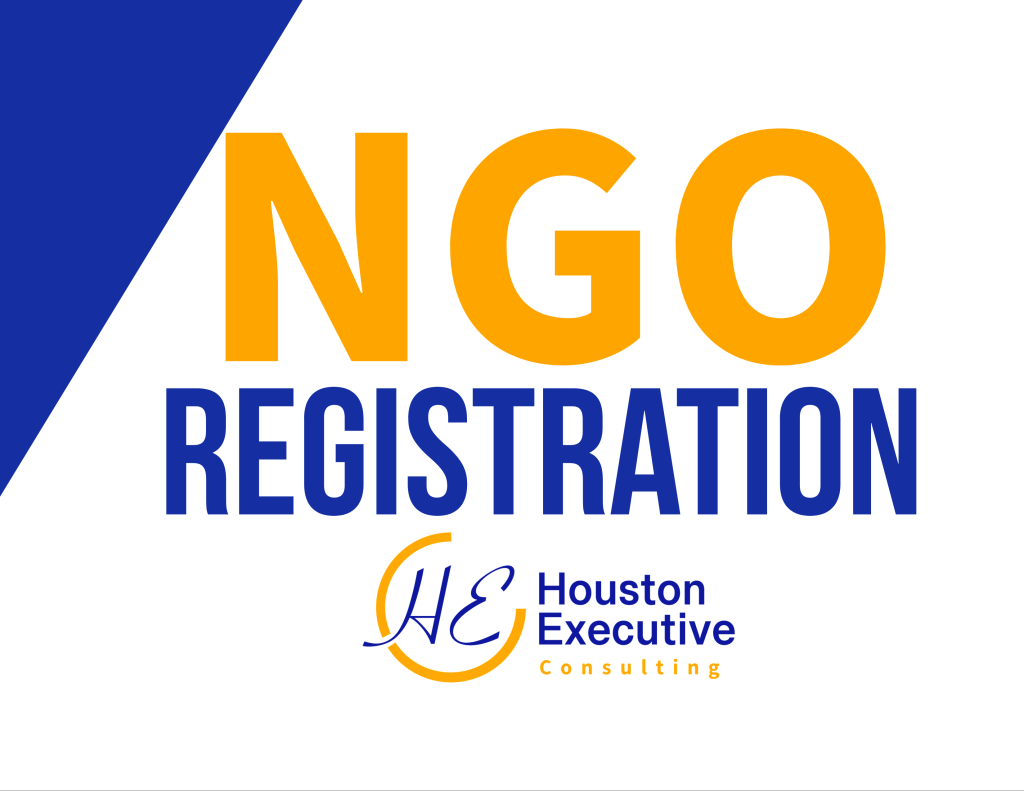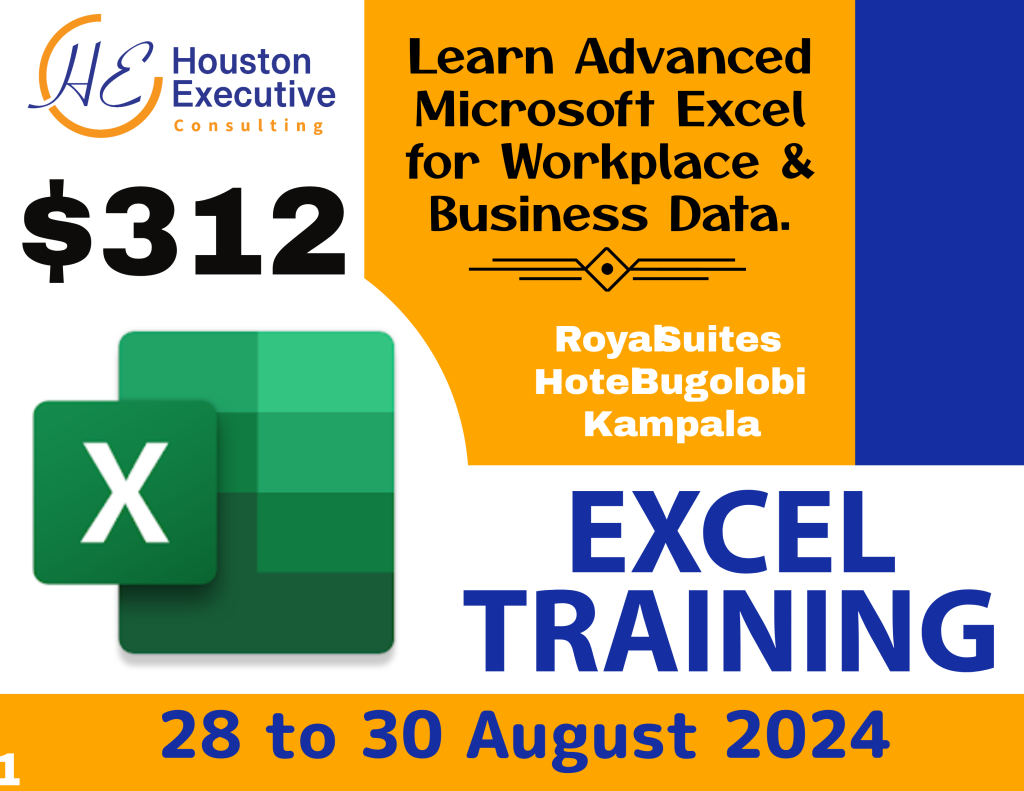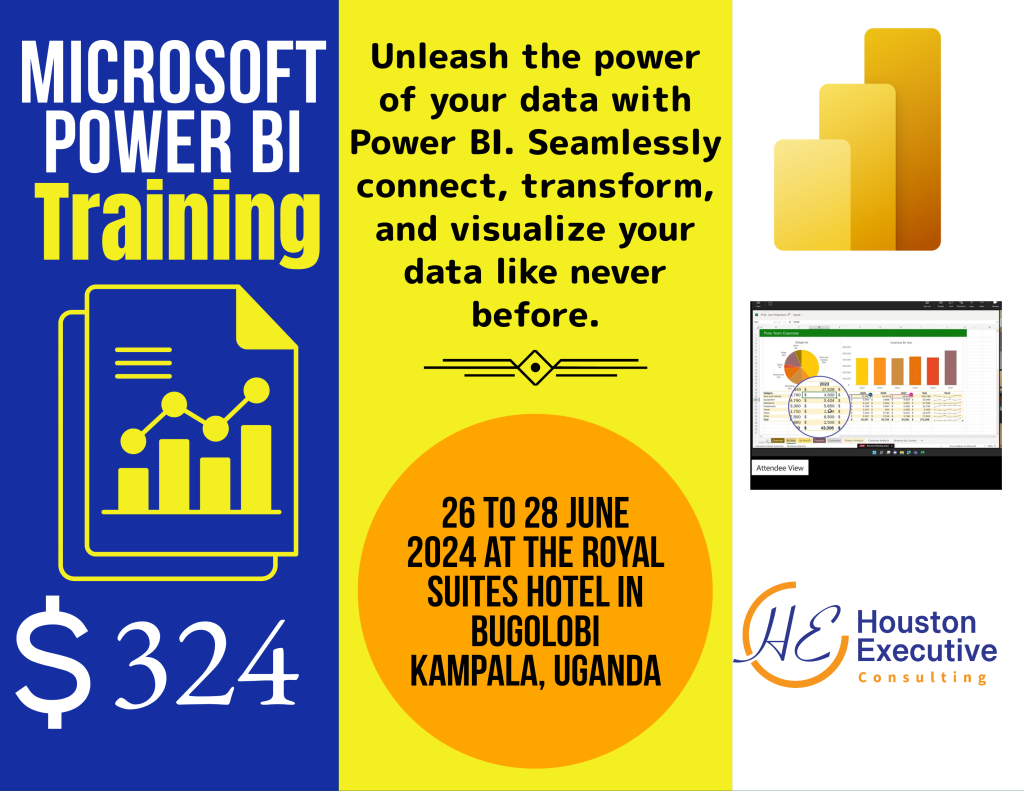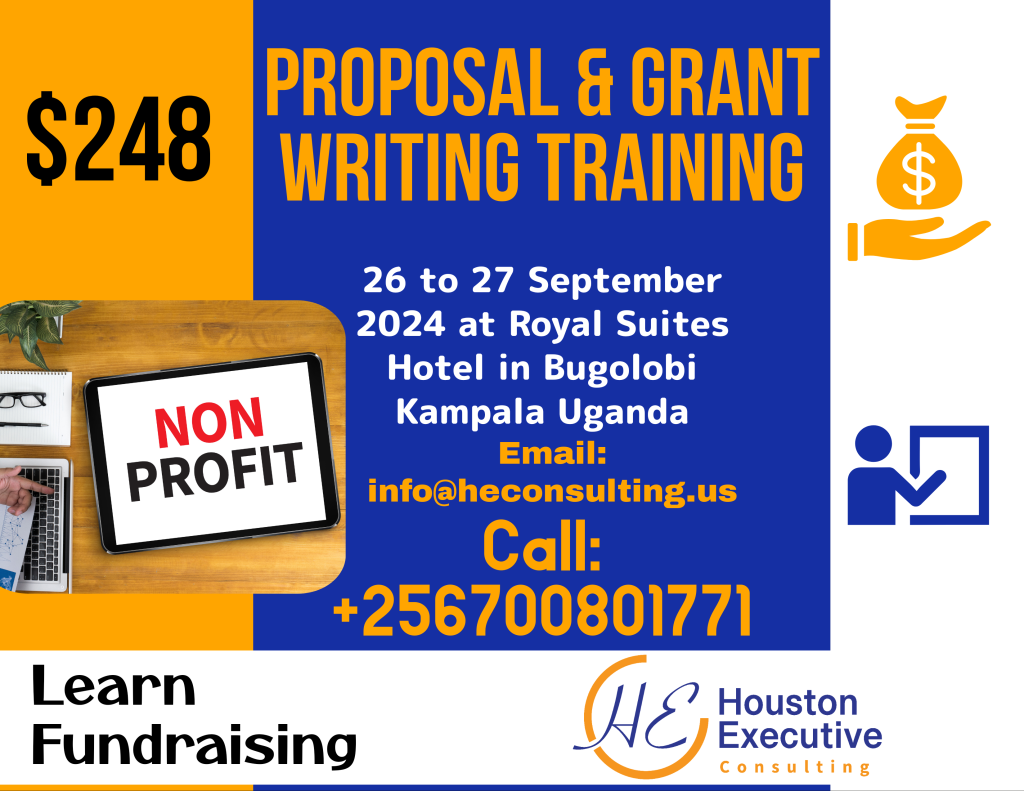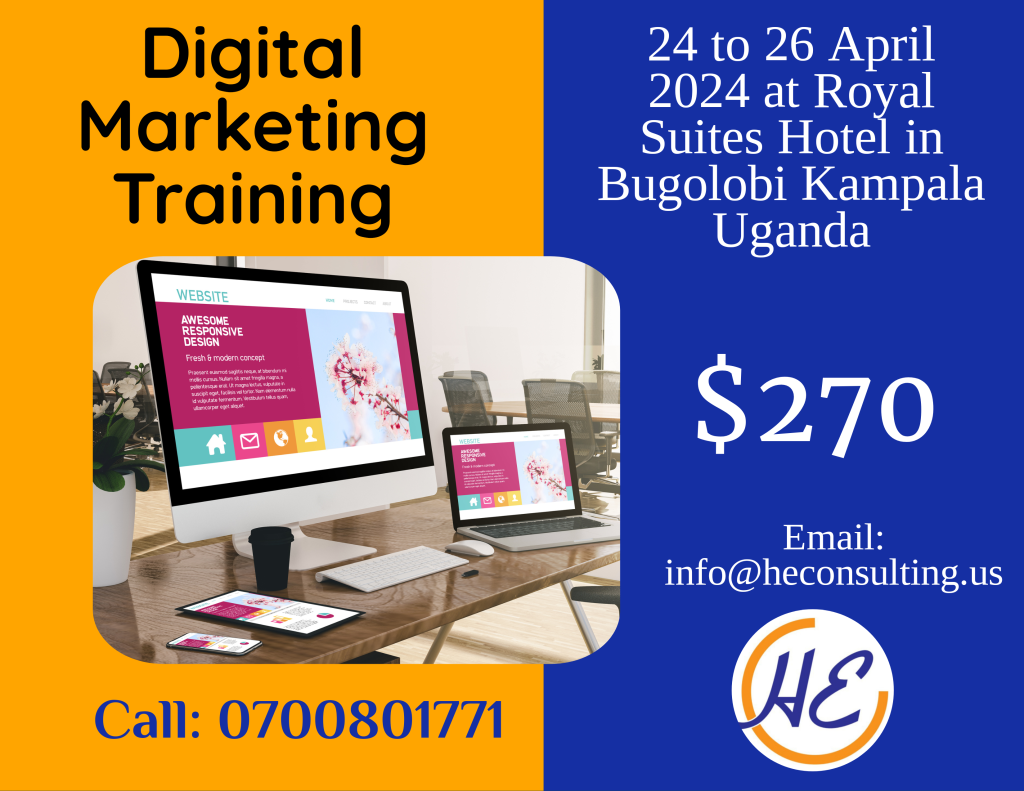10 Scenario-Based Interview Questions to Assess Problem-Solving Skills in Candidates (With Sample Answers)
Problem-solving is one of the most critical soft skills in the modern workforce. Strong problem-solving abilities are essential for software developers debugging code under pressure, nurses triaging patients, and sales executives navigating client objections.
Employers across industries value employees who can think critically, respond effectively to challenges, and make decisions that lead to positive outcomes. Yet, identifying this skill during interviews can be difficult. That’s where scenario-based interview questions come in.
Unlike general or hypothetical queries, scenario-based questions focus on how a candidate has acted—or would act—in specific workplace situations. They test not just what candidates know, but how they think. When designed and delivered well, these questions reveal:
- Critical thinking abilities
- Emotional intelligence
- Resourcefulness and creativity
- Decision-making under pressure
- Communication and teamwork under duress
In this article, you’ll learn 10 powerful scenario-based interview questions with sample answers tailored to fundamental roles across industries (tech, healthcare, finance, and beyond).
These questions are designed to help hiring managers and recruiters identify top performers—individuals who not only do their job but also elevate their teams and organizations through superior problem-solving skills.
The following are the top 10 Scenario-Based Interview Questions to Assess Problem-Solving Skills in Candidates (With Sample Answers)
- Tell me about a time when you had to solve a problem with incomplete information. What did you do?
Why it works: This question evaluates a candidate’s judgment under uncertainty—a hallmark of strong problem-solvers. In the real world, we rarely have all the data we want. A great hire will know how to move forward with partial input without compromising too much on quality or results.
Sample Answer (Finance Sector)
“While working as a Financial Analyst, I prepared an end-of-quarter report when one of our data sources became unavailable due to a system error. I didn’t want to delay the report because it influenced leadership decisions. I first cross-verified the missing data against historical trends, consulted a senior team member for insights, and flagged the affected sections in the report. I submitted it on time with an annotation and followed up with the accurate numbers once the system returned. My manager appreciated my initiative and transparency.”
- Describe a project you were managing that went off track. How did you handle it?
Why it works: No project goes 100% according to plan. This question reveals how the candidate reacts to setbacks, handles stress, and restores order.
Sample Answer (IT Sector)
During a product sprint, one of our developers resigned midway. This affected key features and threatened our release timeline. I immediately met with the team to reassign tasks and identify what could be scaled back without compromising the MVP. I escalated the resource issue and got short-term help from another department. We ultimately delivered 90% of the planned features on time. I conducted a retrospective to prevent future dependencies on a single contributor.”
- Can you share an example of when you identified a major problem no one else had noticed?
Why it works: This assessment evaluates initiative, observational skills, and leadership without requiring formal authority.
Sample Answer (Healthcare Sector)
“While reviewing patient intake forms, I noticed a recurring discrepancy in how allergies were recorded. I brought it up with the nursing supervisor, and upon deeper review, we found that a new form layout was confusing staff. I suggested a redesign and helped test it with a few nurses. After implementing the fix, the rate of errors dropped by 60% over the next month, improving patient safety.”
- Describe when you were given a task you had never done before. How did you approach it?
Why it works: This question gets to the heart of adaptability and a learning mindset —key traits of great problem solvers.
Sample Answer (Admin/HR Sector)
“In my first month as an HR assistant, I was asked to help prepare a compliance report for a government audit. I had no prior experience. I broke the task down, read past reports, asked the legal team questions, and created a checklist to ensure accuracy. The audit went smoothly, and the legal team commended our preparedness. I later trained another new hire using the same checklist.”
- Share when you had to deal with conflicting priorities or deadlines. How did you resolve it?
Why it works: Tests time management, negotiation skills, and ability to balance stakeholder demands.
Sample Answer (Marketing Sector)
“I was working on two major campaigns with overlapping deadlines. After analyzing the workload, I proposed delegating part of Campaign A to our freelancer and adjusted the timeline for Campaign B by negotiating a one-day extension with the client. By communicating proactively, both projects were delivered successfully and on time.”
- Tell me about a time you had to decide without consulting your manager. What did you do?
Why it works: Reveals autonomy, confidence, and alignment with company values in decision-making.
Sample Answer (Operations Sector)
During a weekend shift, a supplier delivery was wrong, which would have halted production by Monday. I couldn’t reach my manager, so I cross-checked our alternate suppliers, got emergency approval from finance for a short-term order, and documented everything. By Monday, operations continued smoothly, and my manager praised my initiative.
- Have you ever made a mistake that affected a customer or client? What did you learn?
Why it works: It uncovers accountability, empathy, and a process improvement orientation.
Sample Answer (Customer Service Sector)
“I once promised a client an unavailable custom order. I immediately called to apologize, offered a similar substitute at a discount, and expedited shipping. The client appreciated the honesty and later placed two more orders. I also updated our product list to avoid similar mistakes.”
- Describe a situation where you had to solve a problem creatively.
Why it works: Tests innovation, resourcefulness, and critical thinking.
Sample Answer (Education Sector)
“While teaching remotely during the pandemic, some students struggled with poor internet. I recorded my lessons in smaller 5-minute chunks optimized for mobile access and shared them via WhatsApp, which most students used. Engagement rose significantly.”
- Share an example where your problem-solving led to cost savings or efficiency gains.
Why it works: It focuses on business impact and is a must-have for top-tier candidates.
Sample Answer (Manufacturing Sector)
“I noticed excess inventory in one material was recurring. After tracing the root cause to over-ordering, I implemented a new inventory dashboard and reorder threshold alerts to address the issue. Within 3 months, we saved 15% on supply costs and freed up warehouse space.”
Tell me about a team conflict you had to resolve.
Why it works: Problem-solving often involves people problems, not just systems.
Sample Answer (Tech Sector)
“Two engineers on my team disagreed on a code framework, which slowed progress. I called a meeting to address their concerns and encouraged a discussion of the pros and cons. Eventually, we settled on a hybrid approach. Morale improved and delivery resumed smoothly.”
Why Scenario-Based Questions Are Essential in Interviews
As a global HR and talent acquisition expert, I can confidently affirm that scenario-based interviewing is one of the most effective tools for evaluating a candidate’s real-world potential.
Here’s why integrating this approach into your hiring process is not just recommended — it’s critical to improving the quality of hires across all industries and geographies:
They replicate real job challenges with practical depth and detail.
Scenario-based questions immerse candidates in realistic, job-relevant situations. This method provides deeper insight into how a candidate thinks, reacts, prioritizes, and solves problems, revealing instincts and decision-making frameworks that a CV or generic question can’t capture.
They are strong predictors of future job performance.
Unlike hypothetical or overly generic queries, scenario-based questions compel candidates to demonstrate how they’ve handled — or would handle — challenges that mirror actual role requirements. This predictive validity makes them far more reliable for forecasting on-the-job behavior and success.
They promote fairness and inclusivity in global hiring.
Especially in remote or cross-cultural hiring environments, scenario-based interviews minimize overreliance on educational background or past job titles — factors that may vary across regions and socioeconomic contexts. Instead, they focus on demonstrated competencies and real-world judgment, leveling the playing field for all candidates.
They support structured interviews that reduce bias and improve consistency.
When built into a structured interview framework, scenario-based questions enable standardized evaluation across all applicants. This structured approach mitigates interviewer bias, enhances objectivity, and improves hiring outcomes—a best practice supported by decades of research in industrial-organizational psychology.
Bottom line: If your hiring process lacks scenario-based questions, you’re missing a high-impact opportunity to make smarter, more equitable, and performance-aligned hiring decisions. Integrating them is a strategic upgrade that delivers measurable ROI, especially in today’s competitive, borderless talent landscape.
Frequently Asked Questions (FAQs) on Scenario-Based Interviewing
Q1: What is the difference between scenario-based and behavioral interview questions?
A:
Scenario-based questions are hypothetical and ask candidates how they would respond to a specific situation relevant to the role. For example: “What would you do if a key stakeholder disagreed with your project plan?”
In contrast, behavioral questions ask candidates to describe how they have handled a situation in the past, typically starting with: “Tell me about a time when…”
Both methods are grounded in the assumption that past or projected behavior is a good predictor of future performance. However, scenario-based questions are particularly effective for assessing decision-making in unfamiliar or complex environments.
Q2: Why are scenario-based questions practical in interviews?
A:
Scenario-based questions mirror the real challenges of the job, allowing interviewers to assess a candidate’s approach to solving problems, managing stakeholders, navigating uncertainty, and making decisions under pressure. They are instrumental in global and remote hiring contexts, as they reveal how candidates apply principles and values when there’s no “scripted” past to draw from. This reduces over-reliance on resumes and levels the playing field for diverse candidates.
Q3: How should I evaluate a candidate’s answer to a scenario question?
A:
The STAR method (Situation, Task, Action, Result) is a strong framework even for hypothetical responses. Look for:
- Clarity of thought (Is the situation understood?)
- Relevance of action (Are proposed actions logical and realistic?)
- Decision-making rationale (Why were those steps chosen?)
- Awareness of consequences (What outcomes are anticipated?)
Answers should demonstrate strategic thinking, emotional intelligence, problem-solving skills, and technical expertise.
Q4: Are scenario-based questions suitable for all roles?
A:
Yes. Scenario-based questions are highly adaptable and practical across all functions—from entry-level roles to C-suite leadership. For junior candidates with limited experience, hypothetical questions can assess potential and mindset. For senior executives, they can uncover leadership style, strategic agility, and crisis management abilities. They’re especially valuable in high-stakes roles, regulated industries, or international operations where adaptability is crucial.
Q5: Can candidates prepare for scenario questions in advance?
A:
Absolutely. Well-prepared candidates often use examples and frameworks to approach different scenarios. This preparation demonstrates self-awareness, critical thinking, and a proactive learning mindset. Coaches and career advisors frequently encourage preparation for behavioral and scenario-based questions as part of interview readiness.
Q6: How many scenario-based questions should be asked in an interview?
A:
A good range is 3 to 6 scenario-based questions, depending on:
- The overall length of the interview
- The number of competencies being assessed
- The complexity of the role
Mixing these with behavioral, technical, and values-based questions is best to create a balanced evaluation. For panel interviews or structured hiring processes, ensure that each question aligns with a core competency or business objective.
Q7: Should answers always include a successful result?
A:
Not necessarily. While successful outcomes are excellent, valuable learning moments often come from setbacks or partial successes. How does the candidate’s reflection on the experience matter? Do they demonstrate accountability, adaptability, and continuous improvement? Interviewers should reward honesty and self-awareness just as much as flawless execution.
Q8: Can I ask follow-up questions during a scenario-based interview?
A:
Yes—and you should. Follow-up questions deepen the conversation and help verify the authenticity and logic of the candidate’s response. For example:
- “Why did you choose that approach?”
- “What would you do differently next time?”
- “How would you handle that in a cross-cultural or remote setting?”
Such probing reveals emotional intelligence, leadership maturity, and alignment with your company’s values and culture.
Q9: What red flags should I look for in scenario-based answers?
A:
Watch out for:
- Vague or generic responses (suggesting lack of insight or preparation)
- Blaming others or deflecting responsibility (indicates poor accountability)
- Overly idealized outcomes with no risk or challenge described (may lack realism)
- Inability to think critically or adapt plans (a concern in dynamic roles)
Red flags are not deal-breakers but warrant further exploration through follow-up questions or reference checks.
Q10: How can I train hiring managers to use scenario-based questions more effectively?
A:
To institutionalize this approach:
- Provide interviewer training focused on structured questioning techniques
- Create a bank of job-specific scenarios that reflect real company challenges
- Use evaluation scorecards to align judgments with competency models
- Conduct mock interviews or peer reviews to build consistency and reduce bias
Engaged, well-trained interviewers are crucial to effectively leveraging scenario-based interviewing for improved hiring decisions and reduced turnover.



